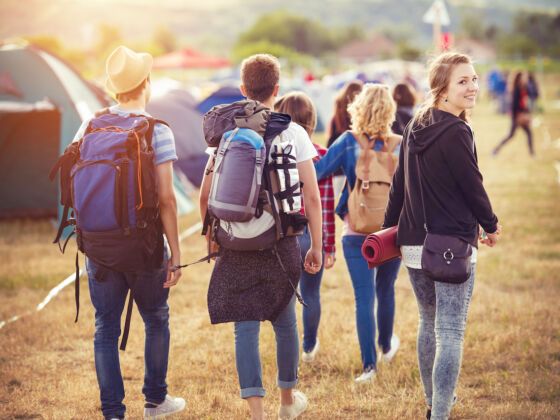As youth are on the vanguard of the environmental movement, it’s no surprise that organizers are now on the lookout for high profile methods of reducing the carbon footprint of these massive gatherings.
The following five U.S. music festivals are greening their eco-footprint in creative and inspiring ways.
